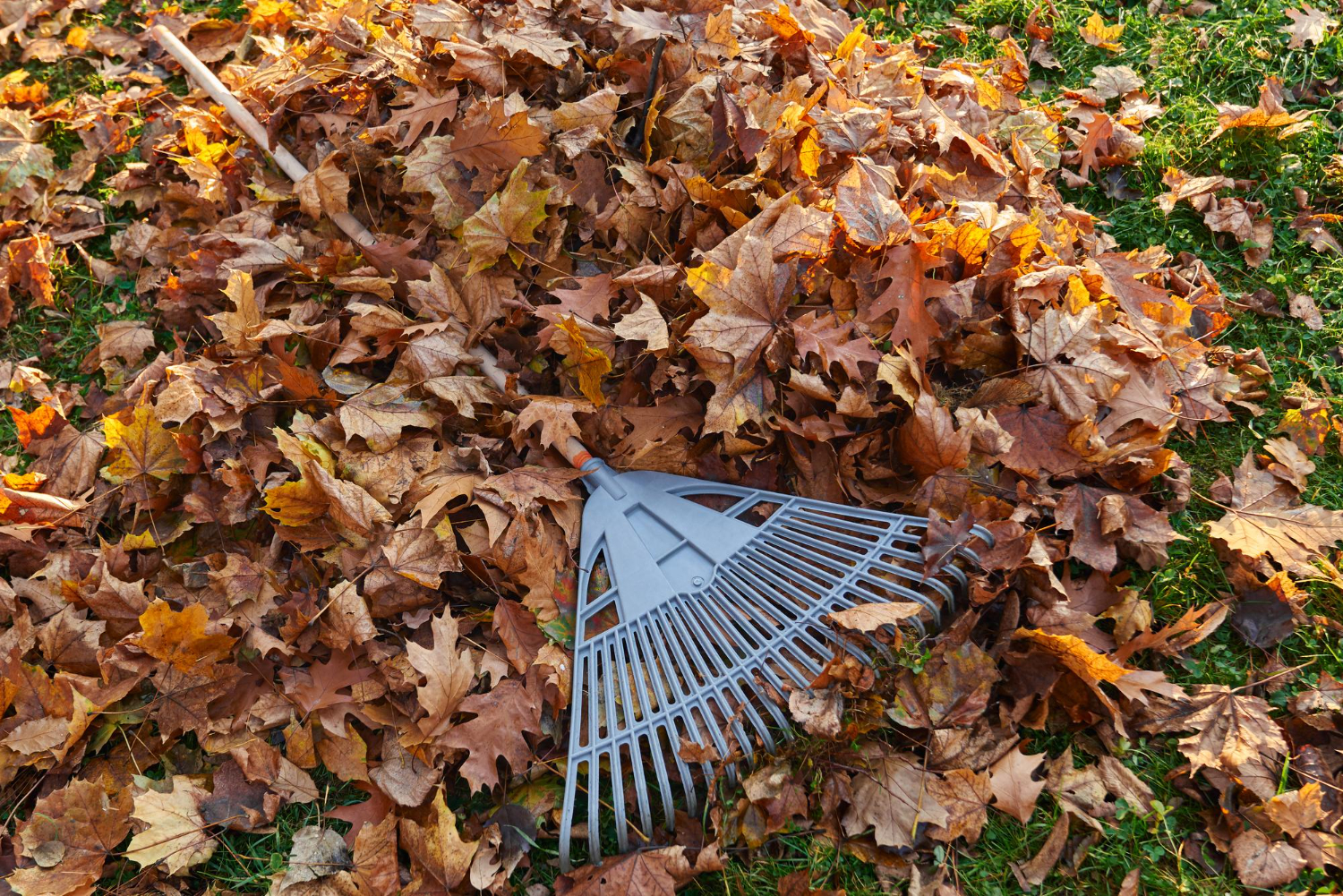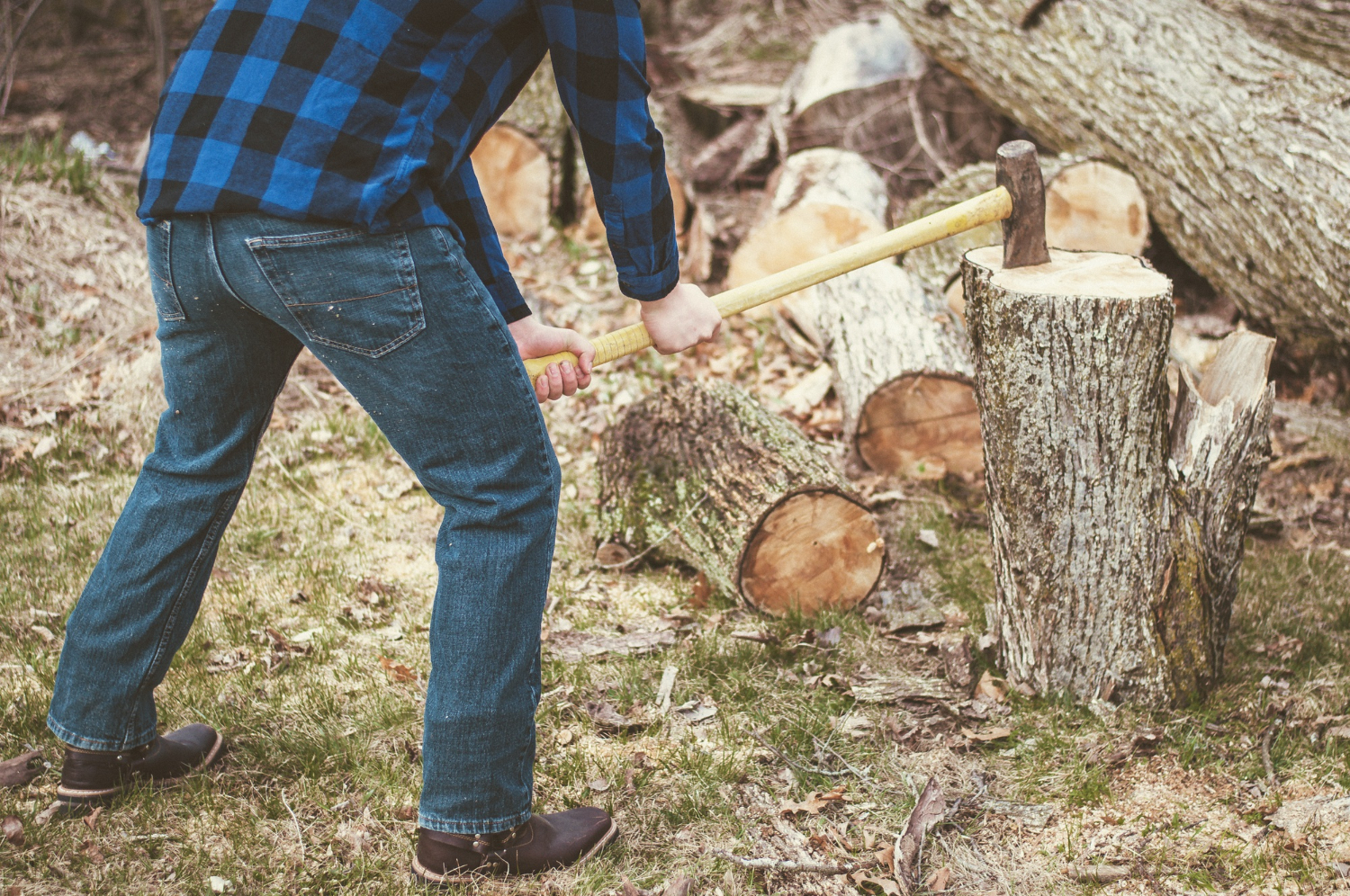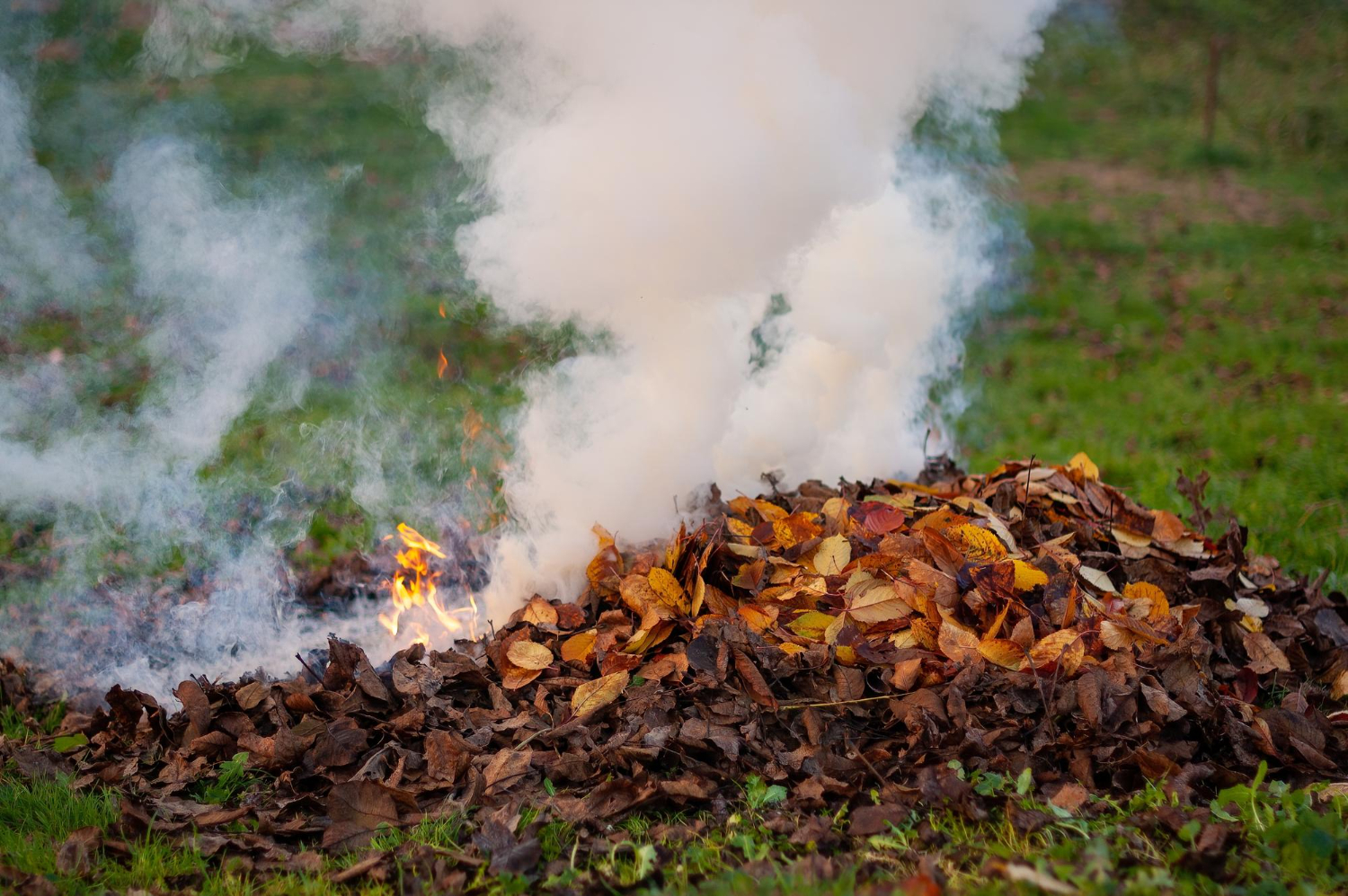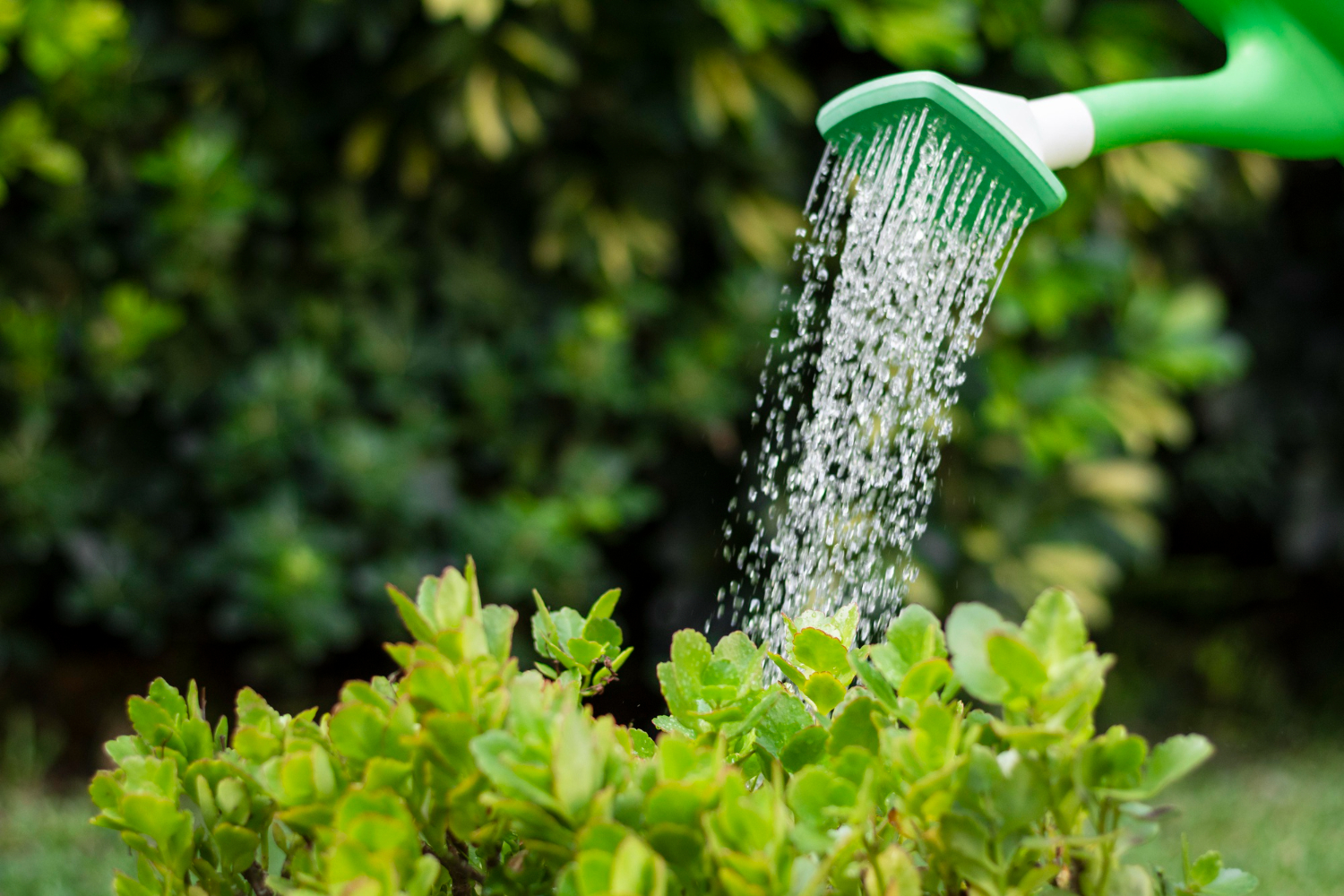Lawn pride runs into real rules more often than most neighbors admit. Across cities and counties, ordinances guard trees, air, water, and quiet, and they apply as much at the fence line as they do downtown. The tricky part is that habits feel harmless until a notice arrives. What follows highlights everyday yard moves that cross legal lines in many places, and why those lines exist. The goal isn’t fear; it’s a yard that looks good and plays fair with the block.
Blowing Leaves or Grass Into the Street

Yard waste in the roadway looks harmless, but many municipalities treat it as illicit dumping and a stormwater hazard, especially near storm drains. Clippings wash into pipes, clog grates, and feed algae in creeks, which is why fines and warnings are common even for a quick sweep off a driveway. Bagging, mulching, or composting keeps nutrients on site and the curb clear; a broad leaf ring around trees doubles as winter mulch, erosion control, and slow-release fertilizer.
Cutting Down Protected Trees Without a Permit

That large oak or street-side elm may be protected by a local heritage or diameter-at-breast-height rule, even on private land. Removing or heavy pruning without a permit can trigger steep penalties, replanting orders, and stop-work notices that stall projects. Cities write these rules to cool streets, manage stormwater, and keep canopies healthy; calling the urban forestry office first often opens options like approved arborists or selective cuts rather than clear-felling.
Burning Yard Waste or Using a Burn Barrel

Open burning sounds old-fashioned and efficient, yet many counties ban leaf piles and burn barrels because of air quality and fire risk. Smoke carries fine particulates and embers, and a shift in wind can push sparks over fences in seconds, so seasonal bans tighten during drought and citations tend to be swift. Curbside collection, community green-waste sites, or a small chipper keep debris moving without smoke, while neighbors keep windows open and insurance stays calm.
Misusing Pesticides or Herbicides Near Water

Chemical labels are legally enforceable documents, not suggestions, and many include strict setbacks from streams, drains, and pollinator habitat. Overapplication or hose-end rinsing into gutters can violate both state law and federal rules, drawing fines well beyond the cost of safer methods. Spot-treating weeds, choosing targeted products, and cleaning gear on gravel or lawn rather than pavement keeps residues out of creeks—and everyone out of trouble.
Watering During Restricted Hours or Drought Orders

Irrigation rules often limit days, times, and spray onto sidewalks, especially during declared droughts. Automatic timers that miss the memo can earn fines when sprinklers run at 2 a.m. or soak the street instead of soil, because cities want deep, infrequent watering and efficient heads tuned to the yard. Smart controllers, drip lines, and a simple rain shutoff align the lawn with the ordinance, cut the bill, and keep fertilizer-laced runoff out of storm drains.
Altering Drainage or Building Unpermitted Retaining Walls

Regrading a yard or stacking a tall wall can redirect stormwater onto a neighbor’s lot, which many codes treat as a nuisance or outright violation. Over a certain height, walls need engineering and permits; without them, collapses lead to liability that dwarfs permit fees. Small swales, permeable paths, and rain gardens move water legally and gently, and a stop at the building counter plus a utility locate before dirt shifts prevents headaches buried out of sight.
Running Loud Equipment Outside Allowed Hours

Many cities set quiet hours and, in some places, ban gas leaf blowers outright because of noise and emissions that linger over fences. Firing up mowers at dawn or blowers late at night can prompt citations as quickly as complaints travel through thin summer air, and some neighborhoods also cap decibel levels at the property line. Battery tools reduce noise, and rakes are quieter still, but the key is timing and courtesy backed by the code, with weekend work planned for midmorning rather than first light.
Feeding Wildlife Such as Deer, Bears, or Waterfowl

Putting out corn, bread, or kitchen scraps feels kind, yet many states and cities prohibit feeding wildlife because it spreads disease and fuels conflicts. Habituated animals damage gardens, cross roads, and in the case of bears, learn to test doors; fines aside, fed animals often fare worse once dependence sets in. Securing trash, removing fallen fruit, and planting natives that support birds and pollinators meets the urge to help without breaking the law or reshaping animal behavior.


